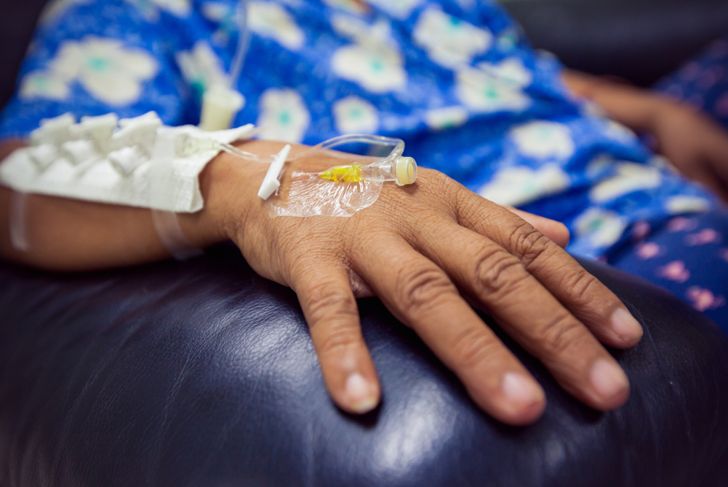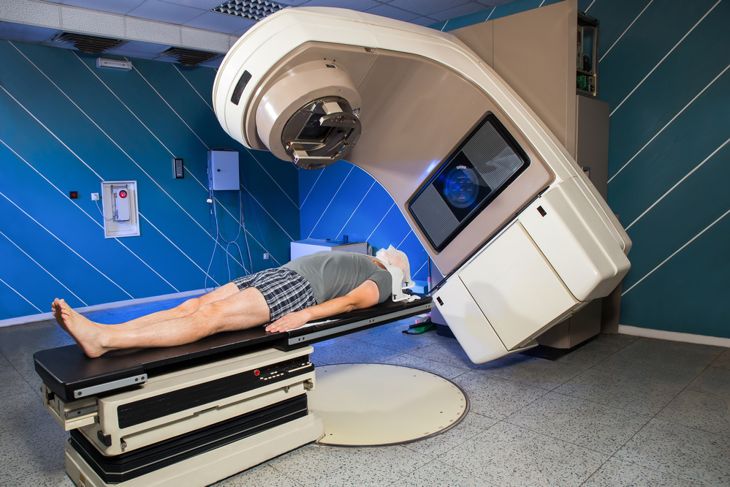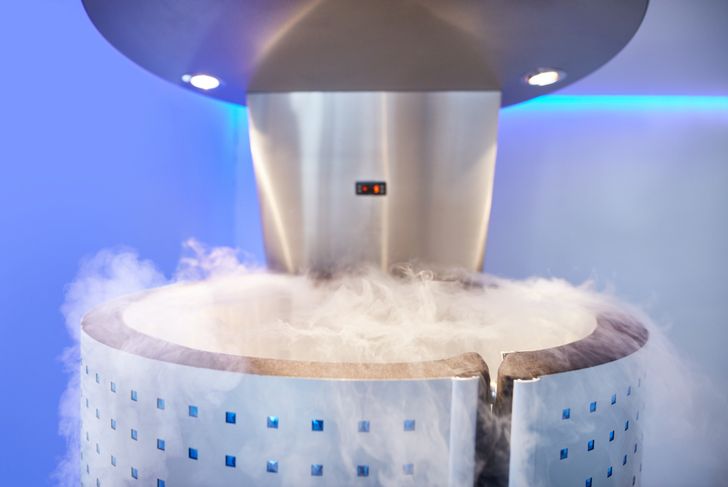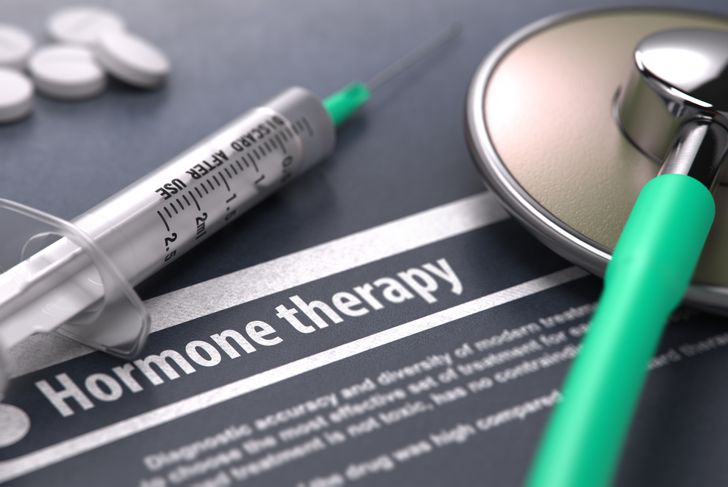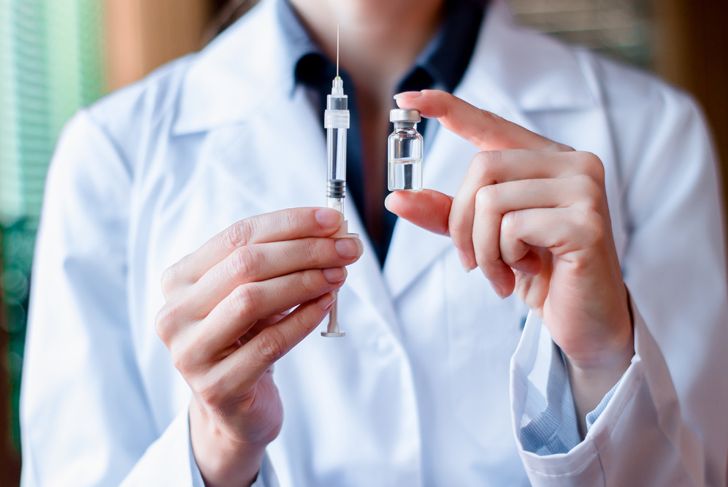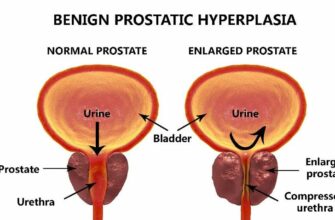Prostate cancer is a form of cancer that only affects males, as it begins in the prostate. The prostate is a walnut-shaped gland and is a part of the reproductive system. Second only to skin cancer, prostate cancer is among the leading cancers that affect men. Prostate cancer seems to mostly affect men over 65, and it can affect one in seven men. Prostate cancer can be extremely dangerous because it does not show a lot of early symptoms. In fact, many patients are not even diagnosed until the cancer is in its later stages.
Surveillance
Prostate cancer has a very early stage that is called indolent, and during this time period, men can decide to wait to have surgery or treatment. This period is called “watching waiting”, or it is often referred to as “active surveillance.” The prostate is monitored during this time, and tests are run at regular intervals, including biopsies on the prostate, rectal exams, and PSA blood tests. If the cancer seems to be growing or the doctor does not like the results of the tests, a different treatment might be warranted.
Chemotherapy
Chemotherapy, also referred to as “chemo”, is a treatment that is used for various types of cancer, including prostate cancer. These anti-cancer medications may be taken by mouth, or they are given through the vein in a hospital setting. This type of treatment is not always used for prostate cancer, but it is more likely a viable option when the cancer has spread to other parts of the body. Scientists are now discovering that it may be especially useful immediately following surgery for prostate cancer. The chemotherapy that is used on men for this condition may also help with symptoms.
Radiation Therapy
Another option for the treatment of prostate cancer is radiation therapy, which uses high-energy rays to kill the cancerous cells and stop them from multiplying. There are two different types of radiation therapy that are commonly used for men suffering from prostate cancer, including both internal radiation and external radiation. If the prostate cancer spreads to the bone, another form of radiation therapy can be used, where radiation medicine is put into the body to kill the cancerous cells. This form of radiation is used for many stages of this type of cancer, but it is especially effective in its early stages.
Cryotherapy
Cryotherapy, also referred to as cryosurgery, utilizes cold temperatures to kill the cancerous cells of prostate cancer. Despite its misleading name, it is not actually a surgery, but it is a common procedure, where anesthesia is used to numb the entire lower half of the body. This is usually an outpatient procedure, although sometimes patients are kept overnight for observation when complications occur. There are several side effects, including erectile dysfunction, blood in the urine and urinary incontinence, along with additional bladder and rectum problems. Cryotherapy tends to be more successful when it is the first treatment that is used on the patient.
Hormone Therapy
Hormone therapy is another treatment that can be used for men with prostate cancer, and it is also often called androgen suppression therapy or androgen deprivation therapy. Male hormones are called androgens, and this type of therapy is utilized to lessen the amount of these hormones that are found in the male body, also ceasing them from affecting the cells in the prostate. There are many different types of hormone therapy, including surgical castration, where the testicles are removed so that they no longer produce the androgens. Medications may also be taken to suppress the androgens, such as estrogens and ketoconazole.
Vaccines
Vaccine treatments are used to boost the body’s immune system so that it can fight off the prostate cancer. The name of this vaccine is called Provenge, and it has been deemed to be far superior to older vaccines, which boosted the body’s immune system, but only to fight off infections, not the actual cancer. This vaccine is used mostly in prostate cancer that is advanced, and that has not responded well to other types of treatment in the earlier stages. The side effects only last for a few days with this treatment, including fever, chills, fatigue, nausea and headaches.
Bone-Directed Treatments
Severe problems occur when the prostate cancer spreads to the bones, including bone metastasis, which can cause fractures and breaks in the bones. However, when prostate cancer does begin to spread, it typically will spread to the bones before it spreads elsewhere in the body. Bisphosphonates is a medication that works to slow down the cells of the bones, called osteoclasts. Denosumab is another drug that can be used, and it is injected right under the skin approximately every four weeks. Corticosteroids can also be used to help alleviate pain that is experienced in the bones due to the spread of the cancer.
Special Diets
A healthy, nutritious diet can be shown to reduce the risk of getting prostate cancer, as well as help to slow down its progression when a person already has the disease. Good diets to assist with prostate cancer include those that are low in fat, high in fiber, low in sugar, plant-based and full of fresh fruits and vegetables. Try to avoid red meats, as that diets including these meats are more closely linked to very aggressive forms of prostate cancer. Instead, seek out proteins from plants, such as beans and nuts. Also, try to avoid foods that have been grown using pesticides and chemicals, and drink mostly water, avoiding sodas and other sugary beverages.
Herbal Supplements
Herbal supplements and vitamins can be great for lowering your risk of getting prostate cancer, as well as slowing its progression if you are already suffering from the disease. Vitamin D enables the patient to gain some control over genes involved with cell proliferation, and people with higher levels of the vitamin in their bodies are less likely to have an aggressive form of the cancer. Green Tree Extract may also stop the growth of cancerous cells, and it could possibly lessen the risks involved. Boron may also help shrink prostate tumors and stop the growth of cancerous cells.
Pain Medications
Advanced prostate cancer can cause a lot of pain throughout many different areas of the body, including stiffness and a dull, almost constant pain in the ribs, lower back, pelvis and upper thighs. When this pain begins to set in, a medical professional may prescribe pain medications to increase the quality of life such as opiates. Your physician may also refer you to a pain management specialist, who will be adept at setting up just the right pain medication regimen for your specific needs and medical history.

 Home
Home Health
Health Diet & Nutrition
Diet & Nutrition Living Well
Living Well More
More
